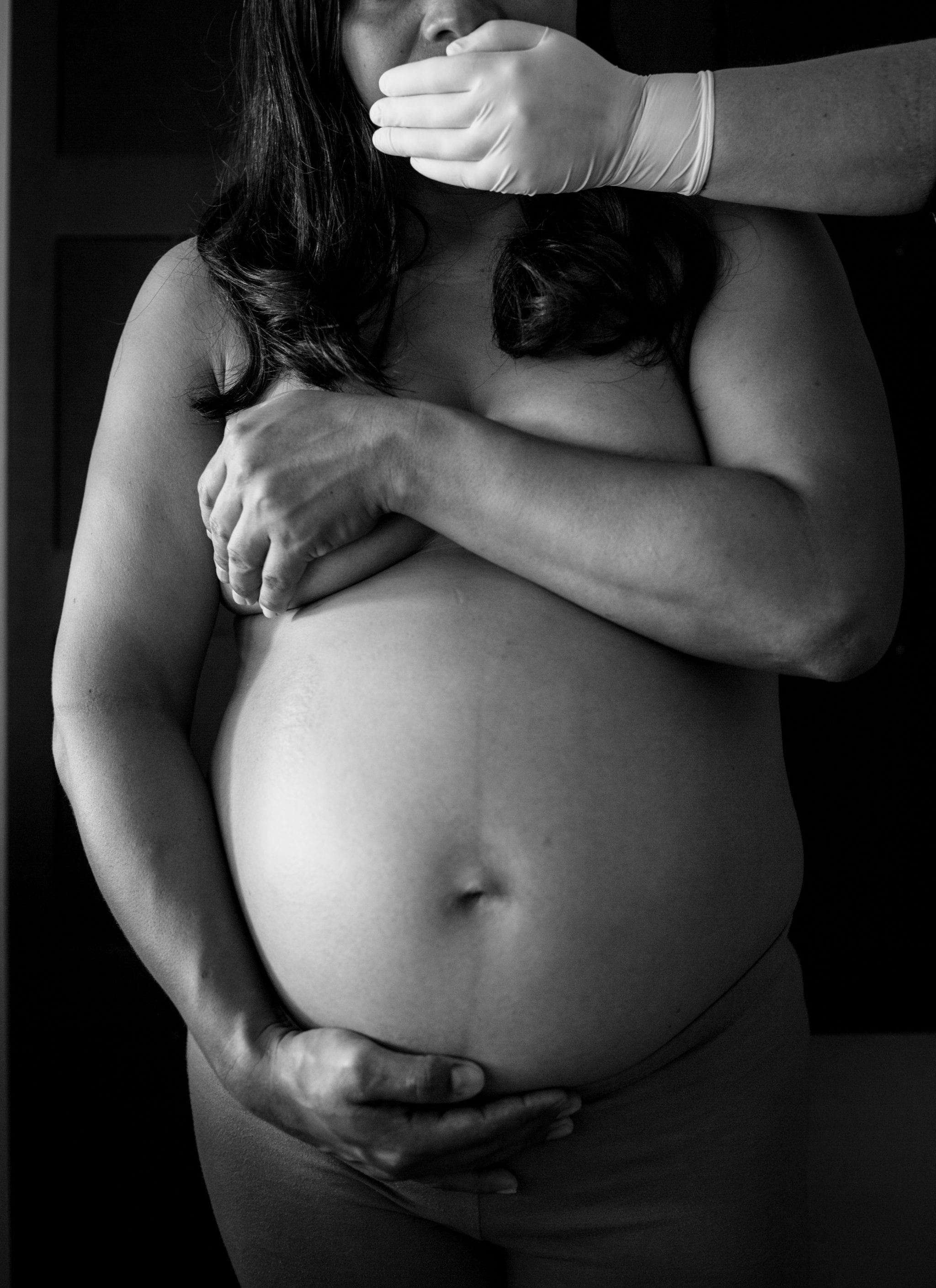
“A bunch of people is going to be there to watch. They are going to have to get over the embarrassment.” This is a real quote from a doctor that was giving a preparatory course at one of Nicoya’s health centers in September.
The doctor was telling eight women —and two journalists who were in the session— that it’s “normal” for lots of people to watch a woman in labor. He says this even though regulations from Costa Rica’s Social Security Institute state that only medical staff and a maximum of two students can be in the room, unless the woman allows more people to join.
These types of thoughts are part of a culture that disrespects the rights of women while they are giving birth. This one too: “You have to have good air in your lungs so you don’t get tired from pushing hard, because if you don’t, nurses will scold you.”
This culture is so deeply rooted and normalized that it is passed on as advice to women as if they were girls that need to be scolded.
In other cases, this disrespect becomes cases of aggression that many women don’t even report because the tools to do so aren’t clear in the norms and rules of the country’s public hospitals.
If you already had a child in a public hospital in Costa Rica, it’s very probable that you have suffered this or other types of violations of your rights as a pregnant woman. It’s also very probable that they treated you humanely and respectfully. Having your rights respected while you are in labor is like playing Russian roulette. You never know if you are going to have an obstetric team that respects your rights or not.
In a couple of days, 20 women filled out a form in which we asked them if they had suffered violence while in labor. If they spoke up, how many more remained silent? How many may not even know their rights were violated? How many believe that what they went through is normal?
Their testimonies show that this is a problem that is still alive in the country despite the fact that the Costa Rican Social Security Institute and the state clearly define these rights in several documents that have been mandatory for years. In addition to their testimonies, at least two reports from the office of the Ombudsman also highlight the issue.
Public hospitals urgently need training in order to raise awareness among their medical and nursing staff. They also need professionals like the nurses at La Anexión Hospital who bought with their own tools to implement the requirements of a humanized delivery. The women who told us their story spoke to us not just about the bad experiences during delivery but also about the consequences afterwards, the emotional harm they suffered when their children needed them the most. Harming mothers is harming an entire country.







Comments